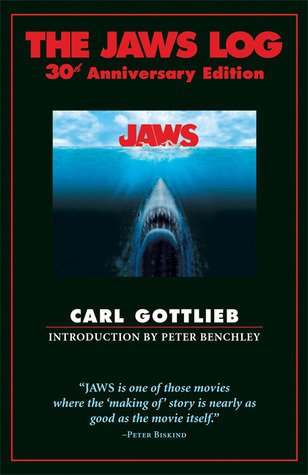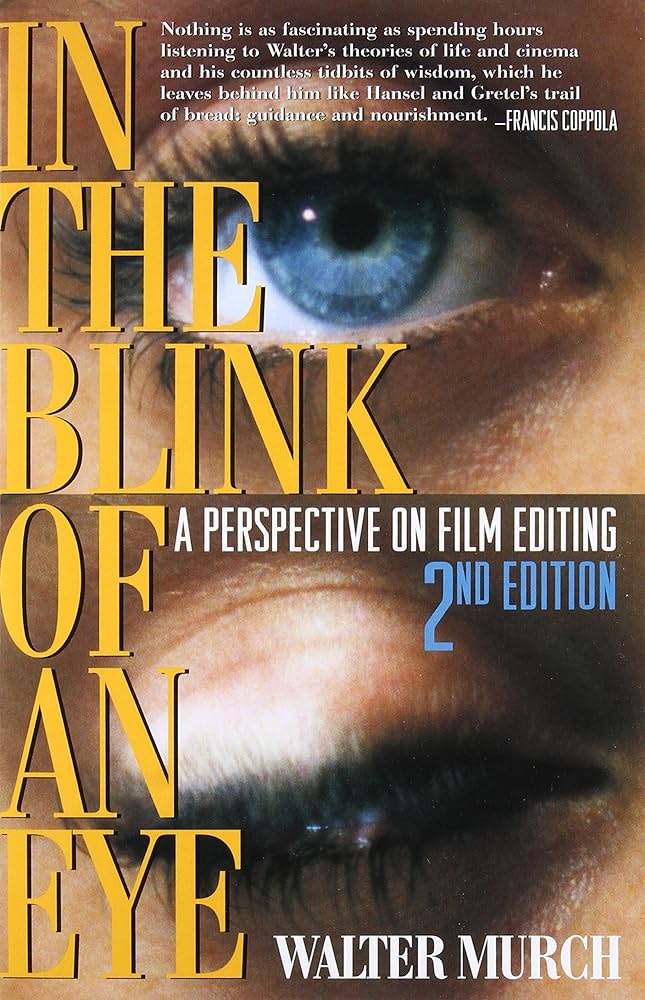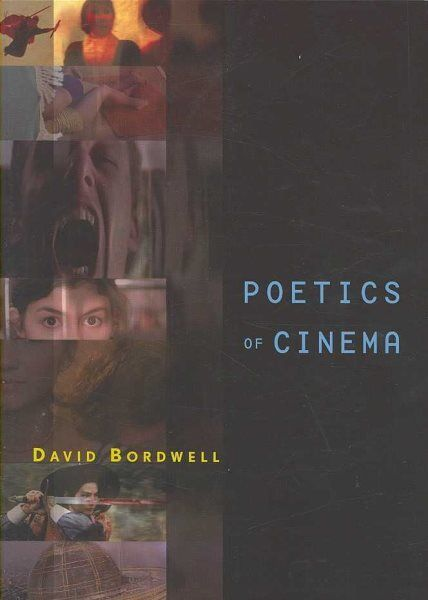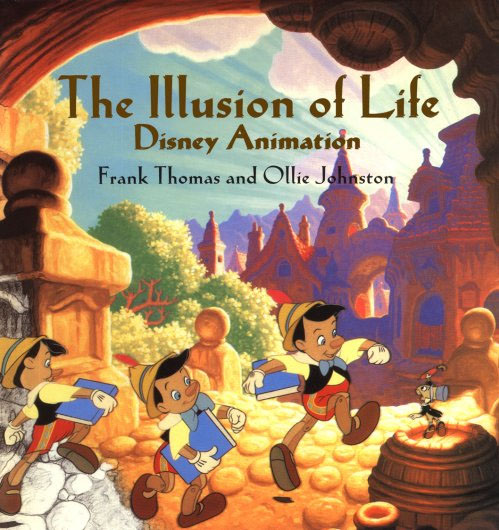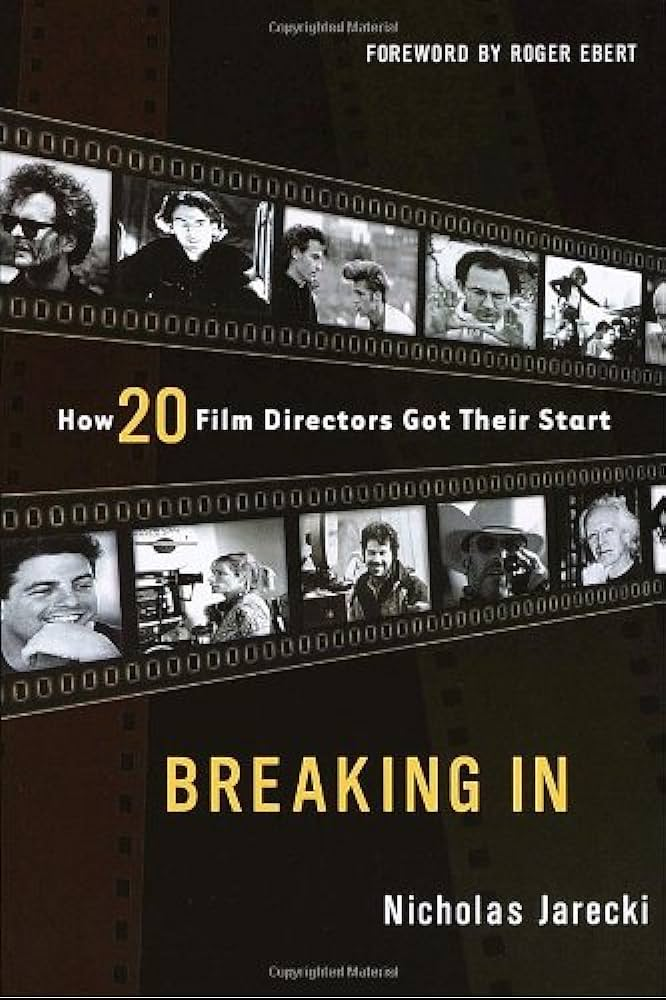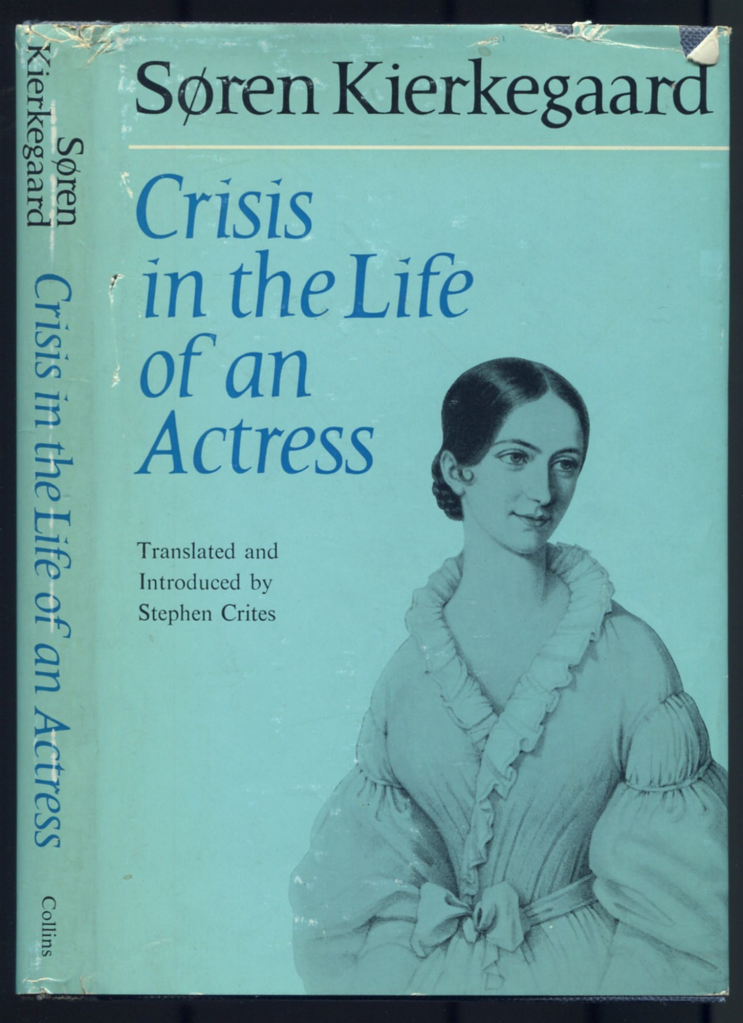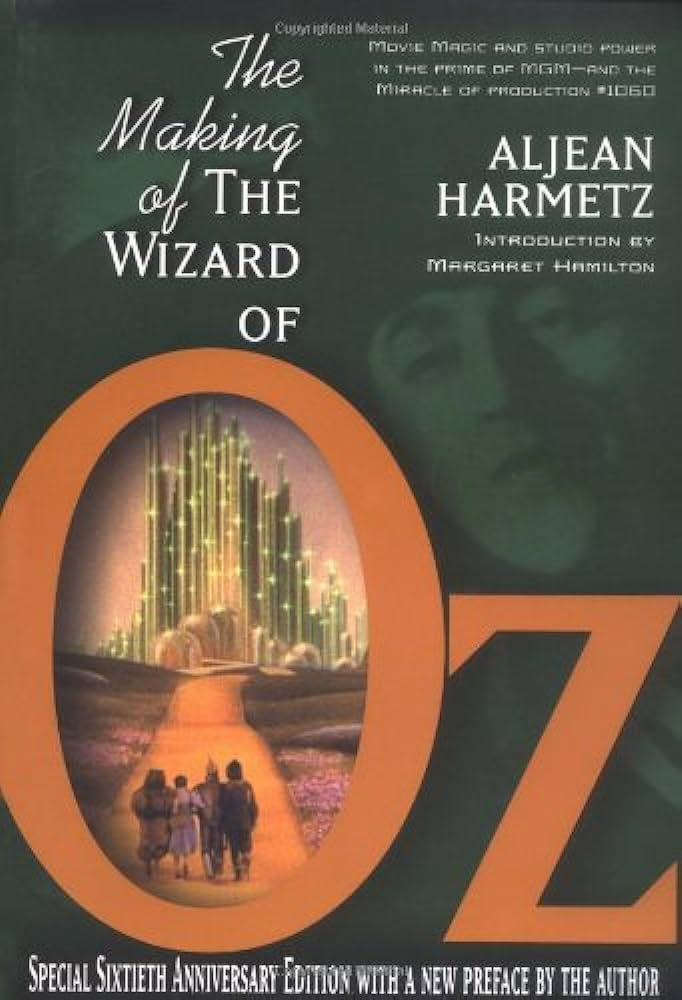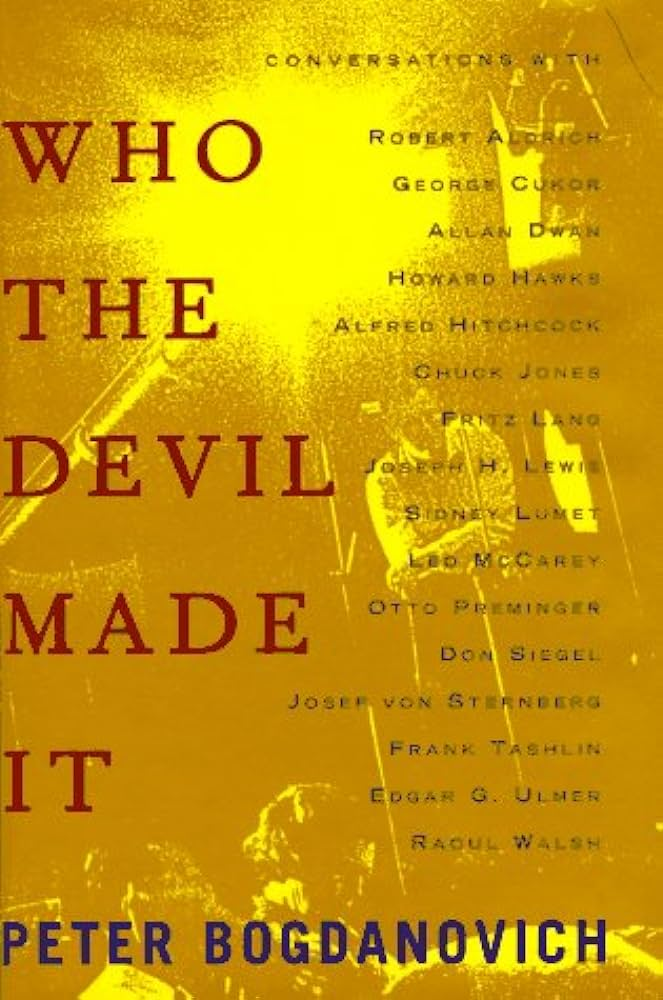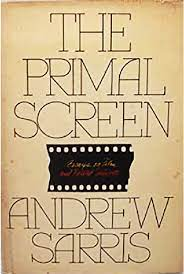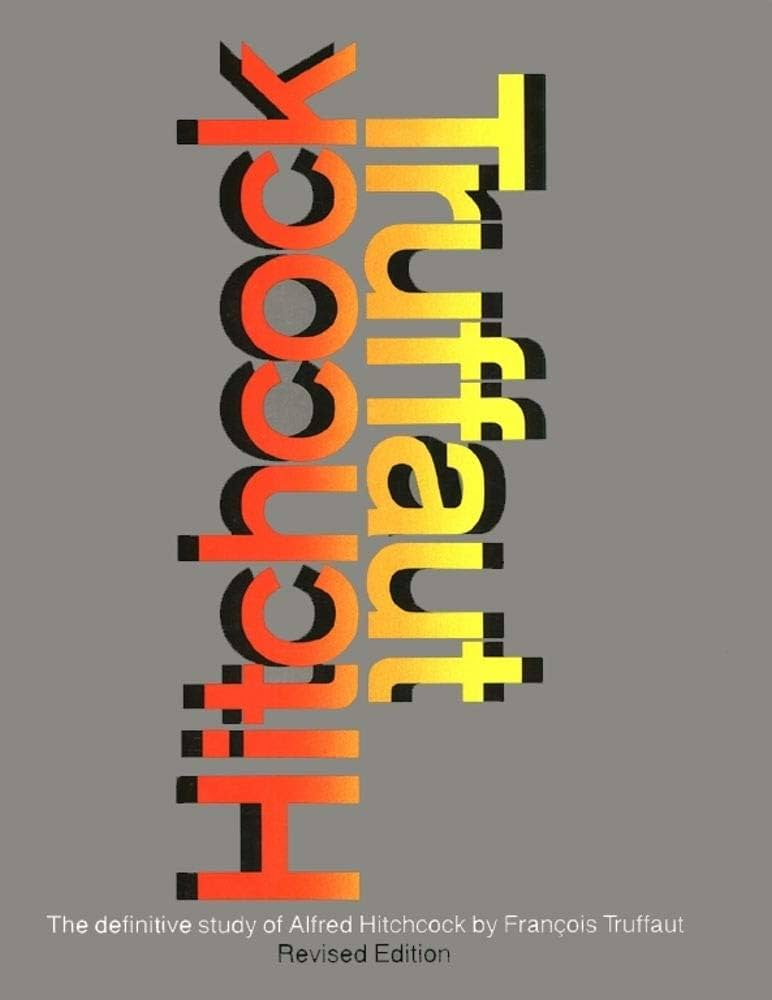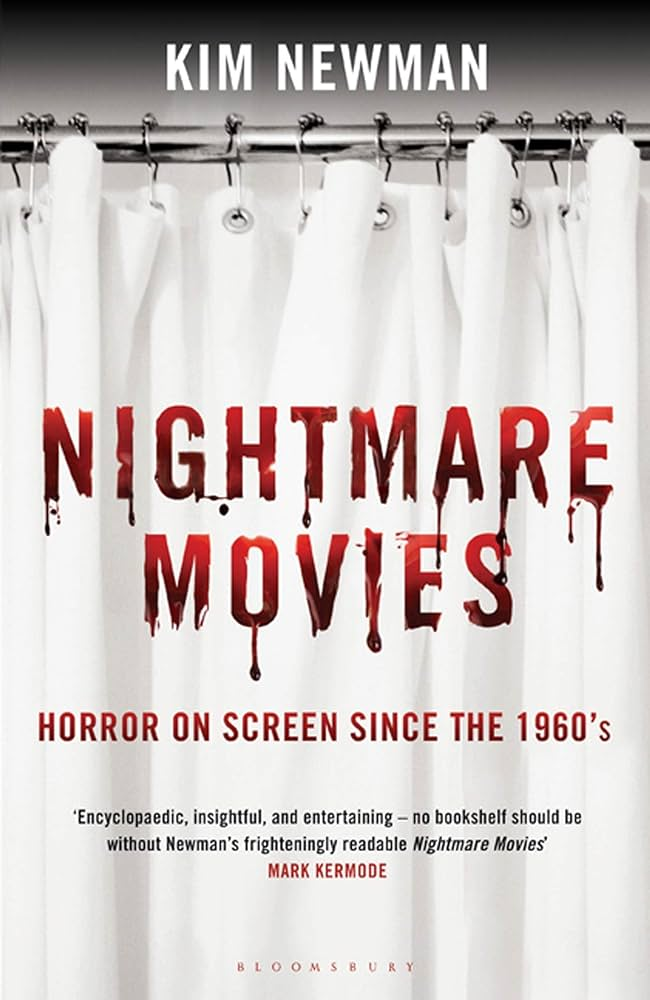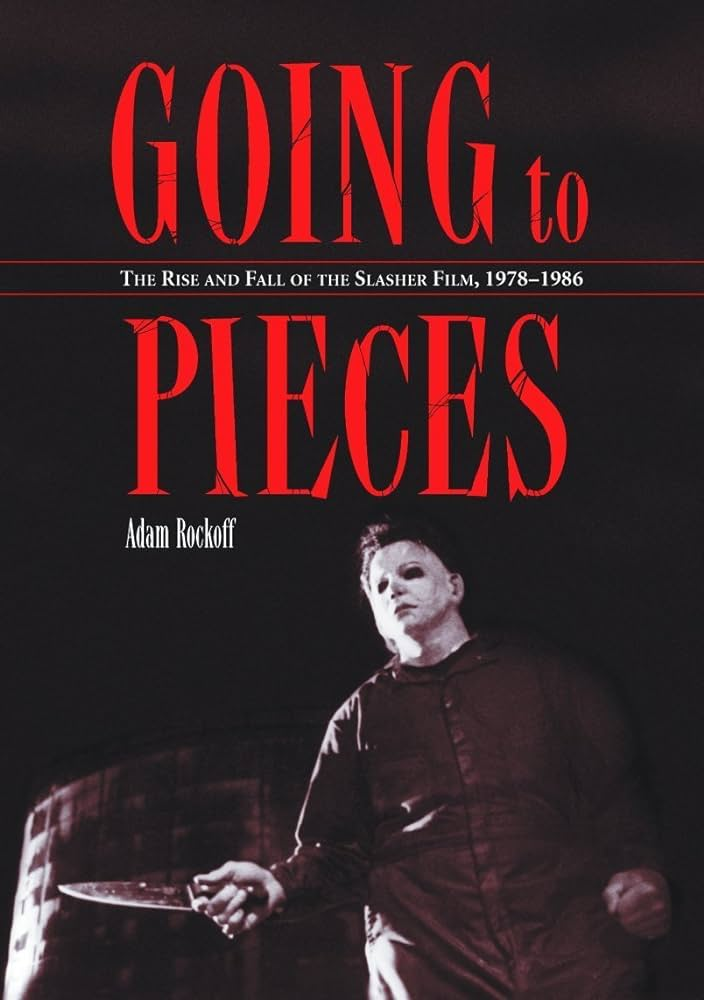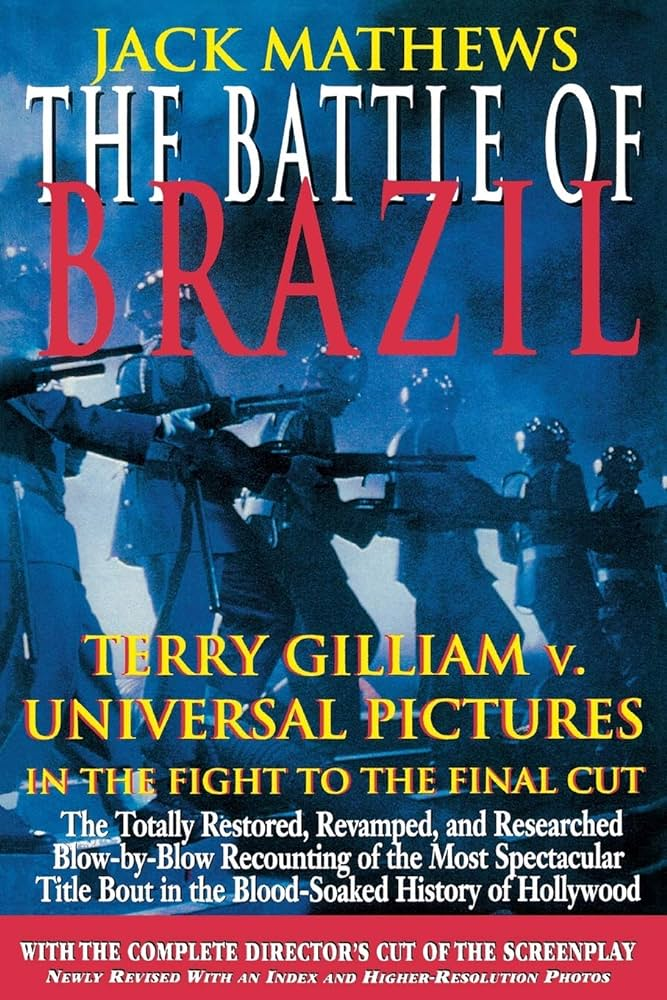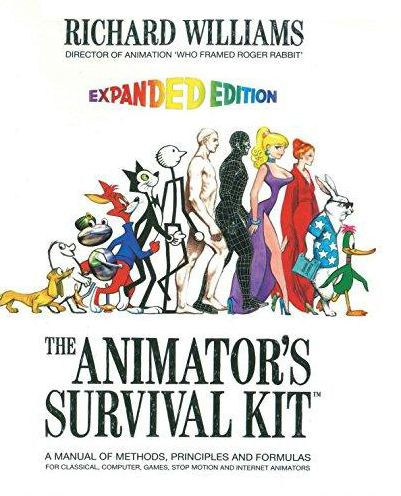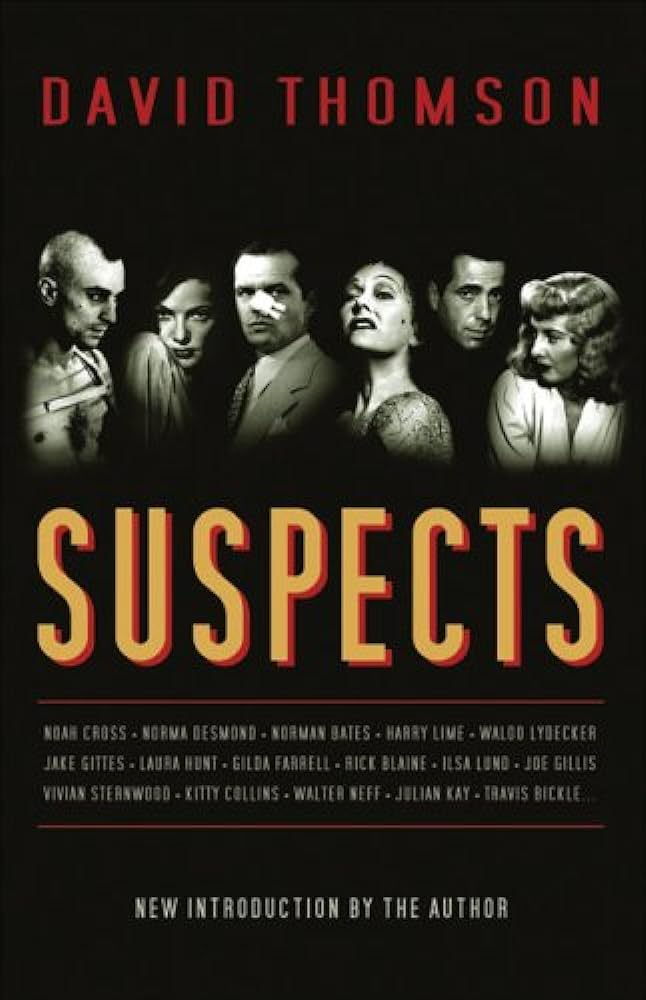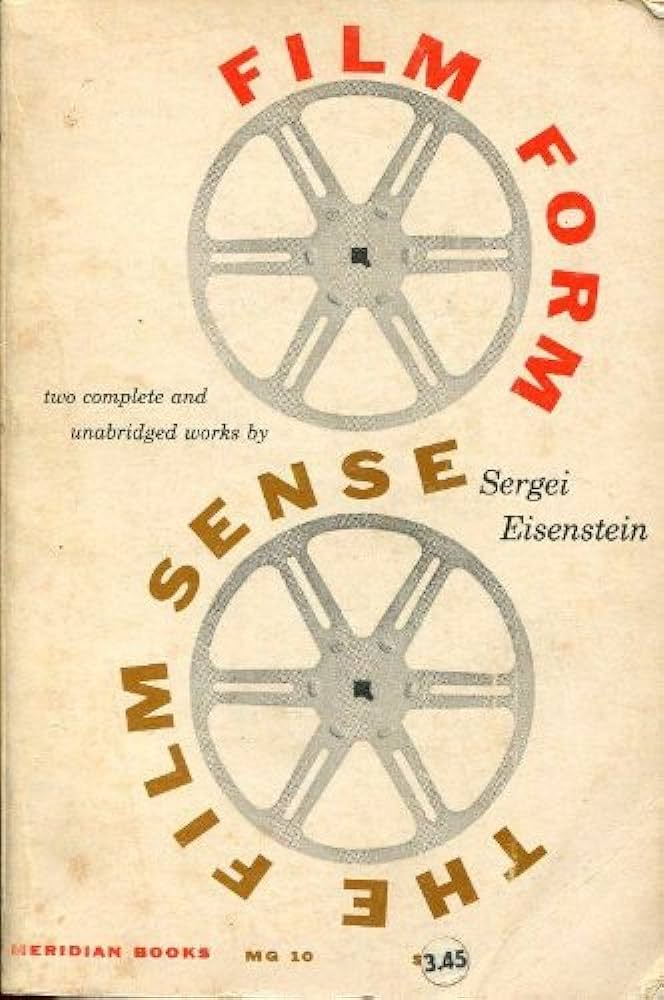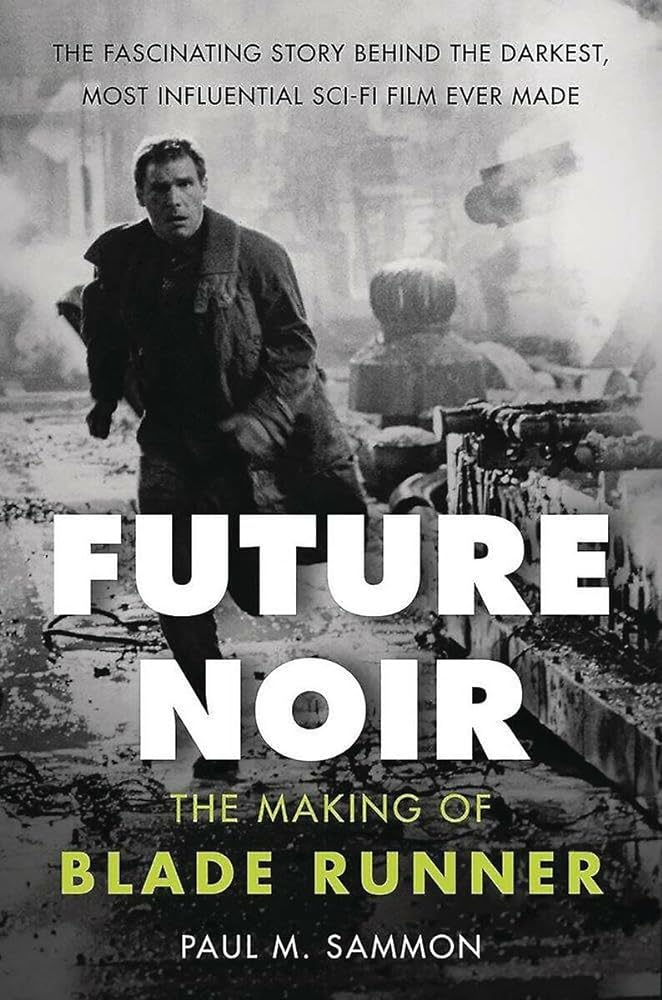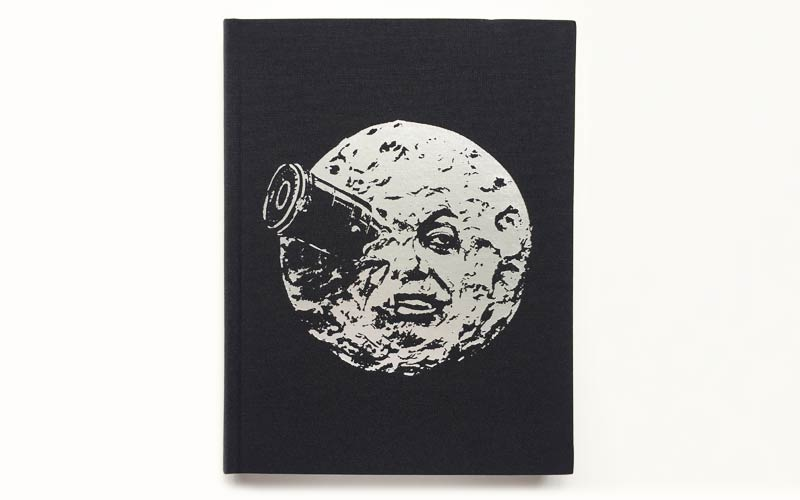About a week and change ago, The Hollywood Reporter posted a list of what was voted by 300 so industry professionals on The Greatest Movie Books of All Time. Some titles I highly agree with, some titles that raised my eyebrows, some titles that are new to me and sound interesting enough to join my readlist. In any case, it caused me to revisit a question I had once considered off of Joel Bocko of Lost in the Movies’ (née The Dancing Image) own Reading the Movies post and challenge way back in 2009 to consider what are the 10 film-related books I consider most essential to my development as both a film buff and regular reader. No magazines is my one rule (sorry Fangoria, Film Comment, and Famous Monsters of Filmland).
The Jaws Log by Carl Gottlieb
The single most valuable text I was assigned during Film School, easily. By the time I’d been assigned it, Jaws had already firmly planted itself as the movie I’ve seen the most times in my life (a title it maintains to this day) and it also was the favorite movie of the professor who assigned it* which meant that as a representation of virtually every problem that could go wrong during a film production and the savviness necessary to resolve it, I had an anchor against which to map this general overview of a movie’s lifespan from development to release. It’s also just an effortless narrative read, as would be expected by a book written by the dude who co-wrote a screenplay like Jaws (who also, I may as well note, signed my copy when I met him).
*Shout out to Joe F–
In the Blink of an Eye: A Perspective on Film Editing by Walter Murch
Probably the most critical piece of indoctrination I received towards the cut being to the movie what the cell is to the organism, but much more than that is just a critical declaration of what a film is beyond its components and how its control over the response of its viewer is unlike anything else in the world.
Poetics of Cinema by David Bordwell
Bordwell and Kristin Thompson’s Film Art: An Introduction is of course a tremendous base in which to accommodate yourself with the intricacies of how cinema works as an artistic language, but this book of essays is where I really began to see the vocabulary in motion and very much speaks to Bordwell’s ability as a casual observer for where things click.
Disney Animation: The Illusion of Life by Frank Thomas and Ollie Johnston
Probably the biggest bewilderment I received on reading the Hollywood Reporter’s list is seeing that a very basic sounding biography of Walt Disney made its way there while this book ended as a “by the way” footnote to that entry, not even having a spot on the list. When I found myself wanting to know precisely how these living images unlike anything in reality could have been bewitched into movement, this was the most complete look at that process. Thomas and Johnston gave away pretty much every principle that Disney’s distinct animation style was built on and honed through to gamechanging effect.
Breaking In: How 20 Film Directors Got Their Start by Nicholas Jarecki
Full circle entry: this was actually introduced to me by reading Lost in the Movies‘ list and made some sort of meaning out of the uncertainty in film school that I was ever going to be able to be a filmmaker. 20 different interviews by filmmakers good or bad on how they found themselves in that director’s chair whether or not they had their sights set on it or not (and it’s kind of surprising how many of them didn’t have it in mind at the beginning). They’re not all tremendous reads (it sadly has one of the least compelling John Carpenter interviews I’ve read/listened to/watched in a decade of being addicted to his interviews) but they all combine to a vivid kaleidoscope of stories that remains somehow more encouraging than otherwise.
The Crisis and a Crisis in the Life of an Actress by Søren Kierkegaard
More stage than screen, but indulge me. The only work I’ve read by Kierkegaard and likely to remain that way just because I think I’m too stupid for his works, but learning what I know of his philosophical ideas and experiencing them applied to a strictly aesthetic eye in terms of the dramatic arts felt like the first time I understood the thoroughline that leads to what we consider transcendence, a little ironic given how Kierkegaard’s focus is on the physical elements so it found me making my way backwards. But I don’t think I approached art ever the same way after reading this.
The Making of the Wizard Of Oz by Aljean Harmetz
I could be tempted to recycle what I said about The Jaws Log here but Harmetz, unlike Gottlieb, was not on-set for Jaws and while it’s no less a compelling read, it’s also an exhaustive one that really covers every nook and crany so that everything that happened to collide into this one of a kind work of Hollywood studio filmmaking was preserved in this tome. It’s not a story, it’s a record but a casual and inviting one.
Who The Devil Made It by Peter Bogdanovich
It was between this and This Is Orson Welles and while the latter focuses on my favorite filmmaker, this just has more material to dig into. Bogdanovich was a film scholar unlike any other and particularly a tremendous interviewer because he crosses the line between admiration and familiarity being such a filmmaker. And being in the perfect spot to live among the first generation of geniuses from von Sternberg to Lang means that he gave us a window into how these filmmakers thought and expressed themselves beyond the camera eye.
The Primal Screen by Andrew Sarris
My favorite film critic and this was the collection of essays that really felt like it was showing me new angles to look at films I was already familiar with. “Notes of Auteur Theory” particularly seems to get much attention in how it deepends Bazin’s original ideas that became such a default unconscious way that movie buffs look at directors these days.
Hitchcock/Truffaut by François Truffaut
I feel like this entry is just… self-explanatory.
HONORABLE MENTIONS:
Nightmare Movies by Kim Newman
Could do with being updated for the latest horror cinema, because Newman has basically provided a directory for one’s horror movie predilections to be teased out by genre and through the neverending list of names he pulls out.
Going to Pieces: The Rise and Fall of the Slasher Film, 1978-1986 by Adam Rockoff
I name-dropped it before in my “history of the slasher” post and of course due credit to Kevin J. Olson of Hugo Stiglitz Makes Movies for bringing it to my attention, but it bears repeating that this is as essential an overview of Slasher Movies’ prime heyday (stopping right before 1987 brought the death knell of its first wave) and any fan of that subgenre as I’ve found myself to be, needs to read it.
The Battle for Brazil by Jack Mathews
While he remainds one of my favorite filmmakers, I’ve come to consider Terry Gilliam as his own worst enemy in his infamously hard productions. Except this case in which he had his masterpiece held hostage and tormented and this excellent book rivals the infamous Criterion documentary in capturing every single beat of that tense public fight between Gilliam and Sheinberg. Must read for film fans who love drama.
The Animator’s Survival Kit by Richard Williams
More of a reference point than an overview like The Illusion of Life and therefore has less use to me as a non-animator, but given how Williams’ portrayal of movement and his fluidity (as a result of a very taxing devotion to each frame) is unlike anybody else who ever took the pencil to paper and probably will never be seen again on Earth, going through each point and trick he elaborates on here is like seeing a magician guide us into our own secrets.
The Sandman Slim series by Richard Kadrey
The single most guilty pleasure selection of all of these, a series of dark fantasy noir books about going to Hell and back again and back to Hell again and back to back again. But they’re also very clearly building from the hard-nosed style of tough guy movies and written by a clear classic and cult movie fan, including the fact that the protagonist Jim Stark makes his base of operations a sketch Los Angeles video store that he shanghais from an old frenemy early in the first book. Constantly name-dropping films and otherwise making quiet allusions to film iconography, it’s an easy enough read as dingy unrefined serial pulp but totally became addictive to as a fellow film buff who just wanted trash to pass the time with. I’ll just also note: I know Kadrey has revealed to name the actor he sees as Stark (this series has been in development for a film adaptation for a minute) but I’m 100% confident it’s James Dean: the character shares his name with the protagonist of Rebel Without a Cause and it’s the most movie that most frequently gets unspoken allusions towards (particularly one of the books – I think it was Kill the Dead – had its climax at the Griffith Observatory).
Shout out to Lu F– for putting me on this series exactly 10 years ago.
Universal Studios Monsters series by Larry Mike Garmon
I have no clue how these novels would play now, maybe they’d be disposable trash like most young adult works. But back in Elementary school, this series – which follows apparently a group of South Florida adolescents who unwittingly rip the Universal Monsters from the screen to the real world* and have to hunt to return them to their movies – came right when I was first being introduced to the Universal Studios Monster films and became a nice anchor for me at school when I’d be reading a book instead of sitting in front of the screen watching them in action.
*Also the means by which these monsters are unleashed is by a 3D projector, which is ironic for the Creature from the Black Lagoon given that his movie was released in 3D.
BOOKS I WOULD LIKE TO READ WONDERING IF IT WOULD MAKE THIS LIST:
Suspects by David Thomson
Invented backstory for movie characters? This is basically the horseshit I was doing already. That’s called head canon and I’m all for it.
Film Form and Film Sense by Sergei Eisenstein
I have to imagine if any filmmaker’s mind could enrich one’s filmmaking or filmgoing, it’s the fella who established the most effective way to make the viewer read a film.
Future Noir by Paul M. Sammon
I know, I know. It’s only an exhaustive comprehensive book on my favorite movie of all time. But I guess after watching Dangerous Days, I saw no immediate need to read this.
The Autobiography of Georges Méliès by Georges Méliès
The original cinematic magician. I’ve been perpetually two weeks away from ordering this for the last two years.

